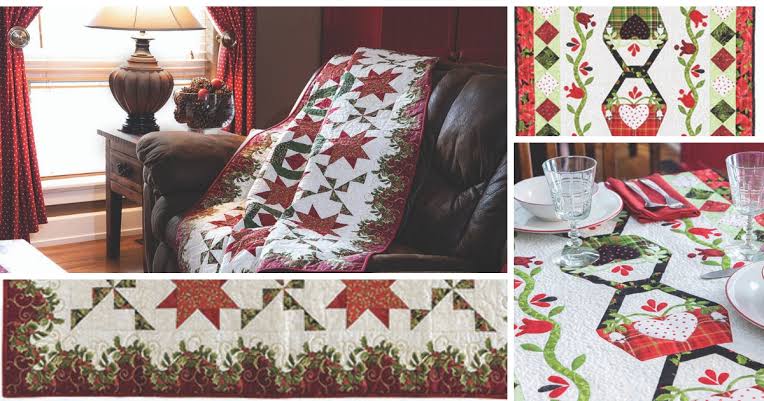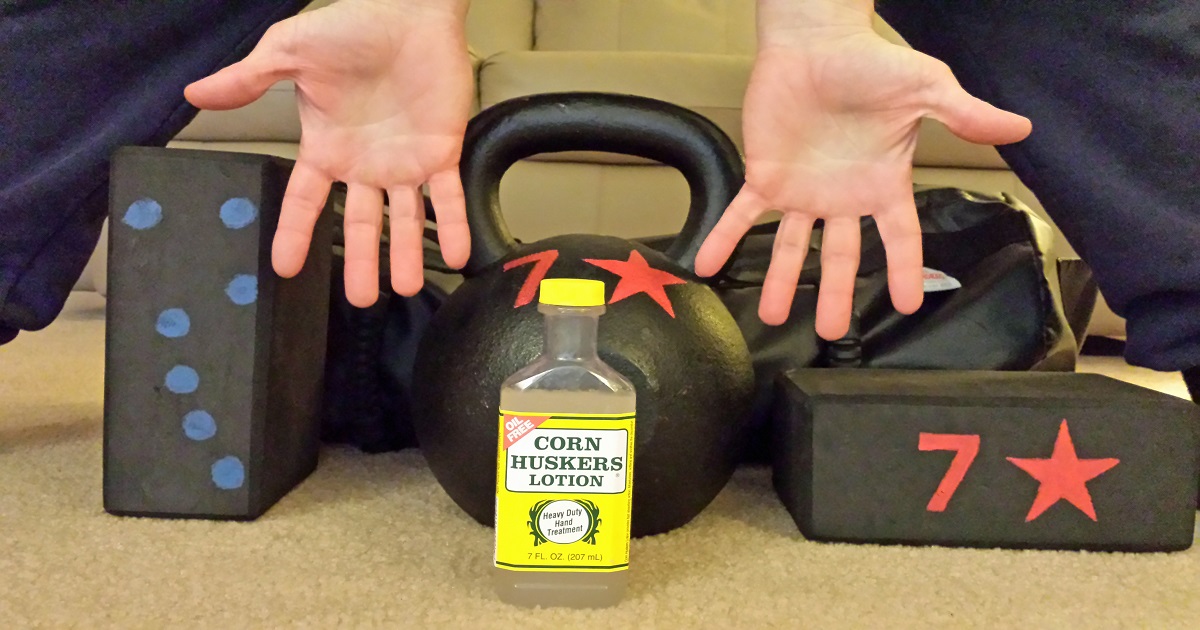Introduction
The holiday season is a time filled with joy, warmth, and togetherness. Within this context, the tradition of creating or using a Christmas quilt becomes a meaningful way to celebrate. Beyond their aesthetic appeal, Christmas quilts serve a greater purpose: they can significantly enhance mental health and well-being. This article delves into the various dimensions of how a Christmas quilt positively affects emotional and mental health, encompassing mindfulness, creativity, family bonding, and establishing a comforting environment.
The Art of Quilting as Mindfulness
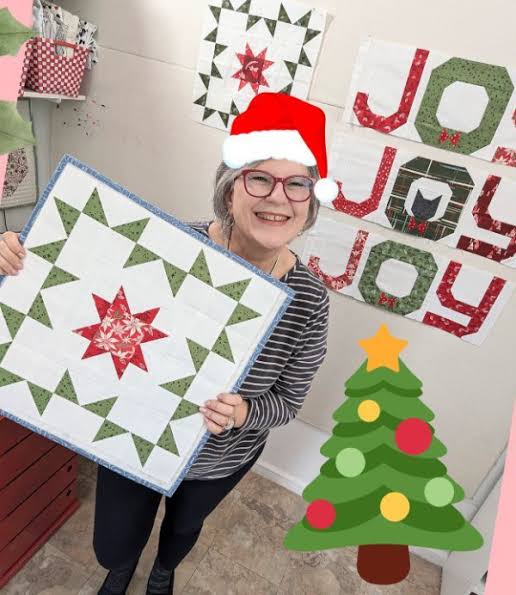
Understanding Mindfulness
Mindfulness is defined as the ability to be fully present in the moment, recognizing thoughts and feelings without judgment. It allows individuals to disengage from stressors, promoting relaxation and mental clarity. Engaging in creative pursuits has been shown to foster mindfulness, enabling a sense of calm and focus that is often absent in daily life.
Quilting as a Mindful Craft
Quilting epitomizes mindfulness. The meticulous attention to detail required in selecting fabrics, patterns, and stitching promotes concentration. As you engage your hands and eyes in the creative process, you naturally shift your focus away from worries and stressors. Each stitch is a meditative action that encourages a connection between mind and body, allowing you to enter a state of flow where anxiety and negativity fade into the background.
The Joy of Creation
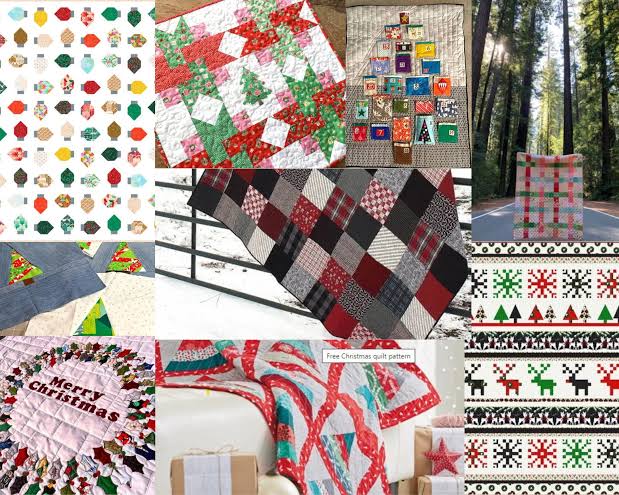
Engaging in the Creative Process
Creating your Christmas quilt becomes a form of self-expression. The decision-making involved—choosing materials, colors, and designs—allows you to express your unique personality and experiences. This personalized approach not only makes the quilt special but also fosters a sense of ownership and pride.
The Therapeutic Benefits of Creativity
Research indicates that creative activities such as quilting have therapeutic benefits that can reduce symptoms of anxiety and depression. Engaging in a manual task involves the brain’s reward systems, releasing dopamine and serotonin, which enhance feelings of happiness and satisfaction. Cultivating a creative outlet can therefore serve as a powerful antidote to the stresses of daily life.
Fostering a Sense of Accomplishment
Completing a Christmas quilt provides a tangible sense of accomplishment. Each patch you sew together signifies not only the hours spent working but also the investment of emotion and effort into something beautiful. This achievement can bolster self-esteem, especially when you step back and appreciate the finished product.
From Vision to Reality
The transformation of fabric into a finished quilt is analogous to setting a goal and achieving it. The process teaches patience and perseverance, skills that can be carried into other aspects of life. The pause and reflection that come after completing your quilt allow you to appreciate your journey, both in crafting and in life.
How a Christmas Quilt Can Boost Your Mood

The Power of Colors and Textures
Colors and textures have a profound effect on our emotions. Choosing vibrant reds, greens, and golds often associated with Christmas can evoke feelings of happiness and excitement. Each fabric you select emits emotional responses that contribute to your overall mood and the quilt’s ambiance.
Comfort and Emotional Warmth
In times of stress, the simplest comforts can have the most profound effects. There’s something incredibly soothing about snuggling under a Christmas quilt on a cold winter’s night. The tactile sensation of soft fabric creates feelings of warmth and safety. This physical comfort translates into emotional comfort, allowing you to escape from the demands of ordinary life momentarily.
Creating a Christmas Quilt for Stress Relief

A Therapeutic Process
Making a Christmas quilt serves as an excellent stress-relief tool. The repetitive motions associated with cutting, sewing, and piecing together materials help your mind focus. This distraction allows you to step aside from stressors, turning your attention toward a productive and fulfilling activity.
The Science of Crafting
Numerous studies indicate that engaging in crafts can stimulate the brain and impact mental health positively. The repetitive motions and kinesthetic engagement promote relaxation and reduce cortisol levels, helping mitigate stress. For many, the act of creating becomes a form of therapy that’s both enjoyable and enlightening.
Finding Flow State
Achieving a “flow state” occurs when you are deeply immersed in an activity. Crafting a Christmas quilt fosters this experience, where time seems to stand still as you become absorbed in stitching and designing. This deep focus not only enhances enjoyment but also serves as a natural antidote to stress and overwhelm.
Decorating with a Christmas Quilt

Creating a Cozy Environment
Incorporating a Christmas quilt into your home creates an inviting and warm atmosphere. A beautifully displayed quilt not only enhances your holiday decor but also transforms your space into a haven of comfort and joy.
Setting the Mood
The mere presence of a quilt can evoke nostalgic memories of family gatherings and cherished moments. When you associate your quilt with positive feelings, it contributes to a holistic sense of well-being in your living space.
Symbolizing Togetherness
A Christmas quilt often carries familial significance. If it is handmade or passed down through generations, it becomes a symbol of legacy and love. Displaying it during festive moments reinforces collective memories and strengthens family ties, creating an emotional connection that enhances well-being.
Health Benefits of Using a Christmas Quilt
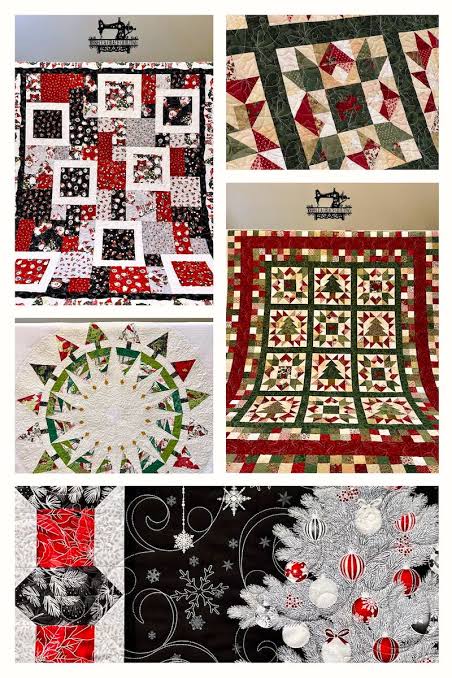
Improved Sleep Quality
Many find that being covered by a quilt significantly improves sleep quality. The weight of the fabric provides pressure and warmth, inviting relaxation and comfort. Better sleep quality leads to improved mood and cognitive function, contributing to overall mental health.
Reducing Anxiety
The soothing presence of a Christmas quilt can act as a remedy for anxiety. When wrapped in familiar fabric, the sensation can evoke feelings of security and calm. Grounding techniques, such as focusing on texture and warmth, can alleviate anxious thoughts, offering a respite during tough times.
Using Quilts in Relaxation Routines
Incorporating your quilt into relaxation activities, such as reading or meditating, can enhance the mood. Wrapping up in a Christmas quilt while engaging in calming activities can heighten feelings of safety and comfort.
A Christmas Quilt as a Tool for Family Wellness

Strengthening Family Bonds
Working collaboratively on a Christmas quilt can strengthen family ties. Consider hosting quilting gatherings where family members of all ages participate in the crafting process. Such events encourage meaningful conversations and bonding experiences.
The Importance of Shared Activities
Participating together in a creative activity fosters communication and connection. The act of sewing together can lead to shared stories, laughter, and the building of cherished memories. The quilt becomes a symbol of unity and love.
Creating Traditions
Turning quilt-making into a family tradition offers a unique way to cherish time spent together. Each quilt created holds the history of family gatherings and shared labor. Over the years, these quilts become artifacts of family heritage and joy.
The Healing Power of a Christmas Quilt
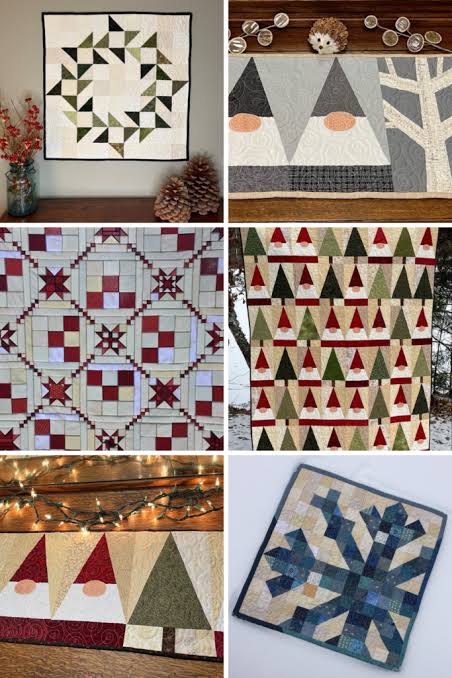
Symbolic Significance
Every patch and fabric piece in a Christmas quilt carries meaning, encapsulating memories, traditions, and emotions. The quilt reflects personal experiences and family stories, becoming a rich tapestry of life’s journey.
Emotional Resilience
The emotional significance of your quilt can significantly impact your mental health. Engaging with the quilt’s narrative fosters emotional resilience, offering a chance to process feelings, memories, and experiences. This connection aids in healing, especially during challenging times.
Providing Comfort in Hard Times
During difficult periods, a familiar Christmas quilt can serve as a source of comfort. Wrapping up in a quilt during moments of loss, stress, or sadness allows for a measure of solace. It acts as a physical reminder of love, support, and warmth that can ease emotional pain.
Conclusion
The impact of a Christmas quilt extends beyond mere aesthetics; it embodies creativity, mindfulness, and emotional connection. As we embrace the holiday season, recognizing the role of crafting and using these beautiful quilts can significantly enhance our mental health.
Through the processes of creation, connection, and comfort, a Christmas quilt becomes a treasured piece in more ways than one. Its presence fosters joyful memories, family bonds, and a sense of security, helping us navigate the complexities of life with greater ease.
Whether you choose to create your own quilt or cherish one passed down through generations, acknowledge the profound influence it may have on your mental and emotional well-being. In doing so, you honor not just the quilt but also the love, resilience, and warmth that come with it—elements essential to a fulfilling life.
